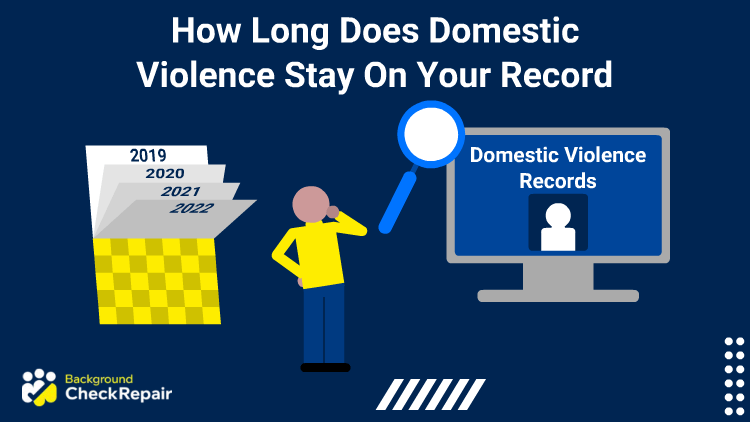
How long does domestic violence stay on your record?
Anyone convicted in connection to domestic violence charges may wonder when and why they would be on your record.
There are many reasons why domestic violence will show up on your record, but how long it stays on your record is based on 11 exceptions.
Want to find out how long does domestic violence stay on your record right now? Simply do a background check on yourself to see if the conviction is listed on your criminal record.
The following guide explains the rules of criminal records in each state, and why in 11 states, the length of time your record shows domestic violence will be lessened.
How Long Does Domestic Violence Stay on Your Record?
Those wondering: how long does domestic violence stay on your record? Are probably worried about an upcoming background check and if this will have an effect on getting the job.
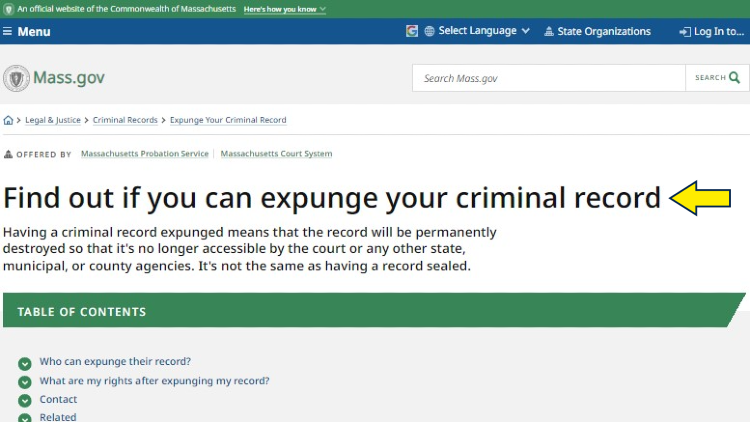
Most states offer ways to erase criminal records through expungement, especially on lower level, one-time crime offenders.
In general, domestic violence will stay on your record for at least 10 years. In most states, a domestic violence conviction will remain on the individual’s record forever. However, more and more states are adopting laws that enforce what is known as the 7-year-rule.
In these 7-year-states background check agencies are not allowed to report criminal history information on an individual to an employer if the charges for the crime were filed more than 7 years ago, or more than 10 in certain cases.
These laws are intended to help individuals with criminal records to find meaningful employment once they have served their sentence and enough time has passed. Unfortunately, there are only a handful of seven years states. States that have adopted the 7-year-rule are listed below.
- California
- Colorado
- Kansas
- Maryland
- Massachusetts
- Montana
- Nevada
- New Hampshire
- New Mexico
- New York
- Texas
- Washington
Outside of these states, background check laws will only involve the regulations of the FCRA,2 which do not have a time limit on criminal charges appearing on records.
These 11 states are the exception to the rest, which can allow public records to be view for 10 years or more.
Why Does Domestic Violence Go on Your Record?
With so many misconceptions about the way background checks work, many individuals will be unsure of what kind of information they should expect to see on a criminal history check. Questions like “does domestic violence go on your record?” are extremely common due to many individuals claiming that certain crimes do not go on an individual’s criminal history or that information can easily be removed from an individual’s criminal history.
However, background checks tend to be far more thorough than most individuals realize, and getting information removed from them is extremely difficult and even impossible in certain situations.
Individuals should always be aware of the 7 times that certain actions can be charged as domestic violence. Domestic violence includes the following behaviors toward an intimate partner:1
- Physical
- Sexual
- Emotional
- Economic
- Psychological
- Technological actions
If domestic violence charges are officially filed they will appear on an individual’s record. Criminal history records will include any criminal charges that were filed, regardless of the crime, if the charges were dropped, if the individual was found guilty or if the individual was acquitted.
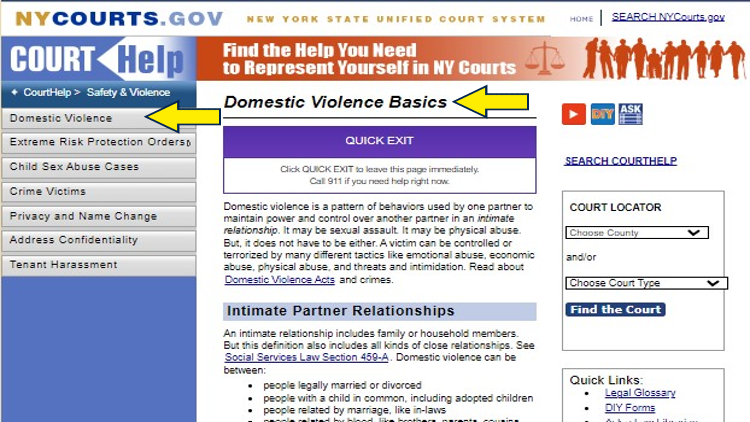
States like New York offer help and legal options for victims of domestic violence.
However, when it comes to how long does domestic violence stay on your record there are lots of different factors to consider. In this case, whether or not the charges resulted in a conviction will become part of the conversation, as well as the state the charges were filed and a few other factors.
How Long Does Domestic Violence Charge Stay on Your Record in All States?
Although the outlook for individuals with domestic violence convictions is less than ideal, another common question is: How long does domestic violence charge stay on your record? Assuming the domestic violence charges did not result in a conviction and were dropped or the individual was eventually acquitted, then the charges will not need to remain on the individual’s record for nearly as long.
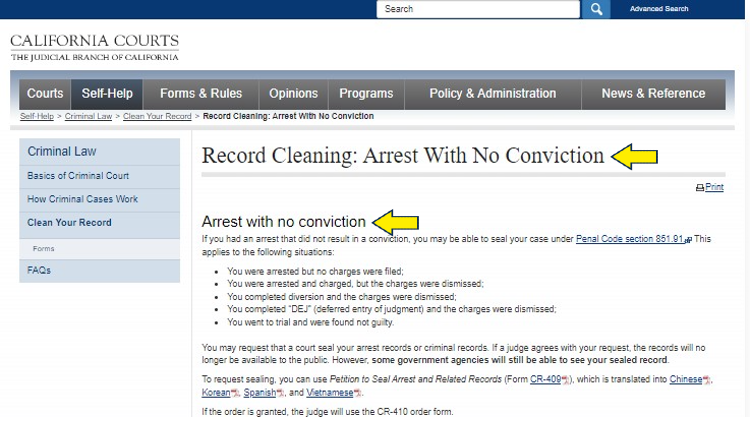
An arrest without conviction charge can be cleared from the record, and a number of other states allow domestic violence convictions to be sealed or expunged, depending on specific circumstances.
In most states, the laws that prevent criminal history information from ever being removed from an individual’s record only apply to crimes that the individual was ultimately convicted of. If the individual is only charged with the crime, although this information will still appear on a criminal history check the process to get it removed is far easier than getting a conviction removed.
The best option to get an non convicted charge removed from a record is to try and get the charges sealed with the courts. The sealing of records is a process offered by criminal courts in certain situations. When a record is sealed it can no longer be viewed by the public without a court order.
Although there is still an official record of the charges with law enforcement and other official agencies, not allowing the general public to view the records is a huge boost when it comes to finding a job.
Most employers will rely on private background check agencies to perform criminal history checks on applicants. These companies will rely on public information to perform their checks such as law enforcement and criminal court databases.
With the records sealed then the background check agency will not be able to locate the records and will report a clean background check to the employer.
Another benefit of sealing a record when it comes to finding a job is that having a record sealed legally allows the individual to answer ‘No’ to questions about if they have ever been convicted of a crime. This is true anytime the record was sealed, even if there was a conviction.
Although getting a record sealed can seem like a way for the charge to disappear completely, individuals should be aware that sealed charges still exist, and are simply invisible to certain people. Official agencies will still be able to view the charges, without issue. If the individual undergoes a federal background check or is arrested for another crime, previous charges will always be present on their criminal history record.
How Long Does Domestic Violence Stay on Your Record in Each State?
With the exception of the following states, which allow records to be sealed after a specific length of time, all states retain a permanent record of a domestic violence conviction.
| How Long Does Domestic Violence Stay on Your Record in Each State? | Length of Time |
| How Long Does Domestic Violence Stay on Your Record in California? | Can be sealed after 7-10 years* |
| How Long Does Domestic Violence Stay on Your Record in Colorado? | Can be sealed after 7-10 years* |
| How Long Does Domestic Violence Stay on Your Record in Georgia? | Permanently. However, with very few exceptions it can stay on record for at least 4 years. |
| How Long Does Domestic Violence Stay on Your Record in Kansas? | Can be sealed after 7-10 years* |
| How Long Does Domestic Violence Stay on Your Record in Maryland? | Can be sealed after 7-10 years* |
| How Long Does Domestic Violence Stay on Your Record in Massachusetts? | Can be sealed after 7-10 years* |
| How Long Does Domestic Violence Stay on Your Record in Montana? | Can be sealed after 7-10 years* |
| How Long Does Domestic Violence Stay on Your Record in Nebraska? | Permanently |
| How Long Does Domestic Violence Stay on Your Record in Nevada? | Can be sealed after 7-10 years* |
| How Long Does Domestic Violence Stay on Your Record in New Hampshire? | Can be sealed after 7-10 years* |
| How Long Does Domestic Violence Stay on Your Record in New Jersey? | Permanently unless conviction is overturned. |
| How Long Does Domestic Violence Stay on Your Record in New Mexico? | Can be sealed after 7-10 years* |
| How Long Does Domestic Violence Stay on Your Record in New York? | Can be sealed after 7-10 years* |
| How Long Does Domestic Violence Stay on Your Record in North Carolina? | Permanently |
| How Long Does Domestic Violence Stay on Your Record in Rhode Island? | 10 years after completion of sentence |
| How Long Does Domestic Violence Stay on Your Record in South Carolina? | 5 years if 3rd-degree domestic violence is committed, otherwise it stays permanently. |
| How Long Does Domestic Violence Stay on Your Record in Texas? | Can be sealed after 7-10 years* |
| How Long Does Domestic Violence Stay on Your Record in Washington? | Can be sealed after 7-10 years* |
*May remain permanent depending on the circumstances of the case.
How Long Does Domestic Abuse Stay on Your Record?
When it comes to how long does domestic abuse stay on your record? The answer is the same as domestic violence charges: at least ten years and likely forever. How long criminal records are kept generally has very little to do with the charges themselves.
Charges will remain on an individual’s record regardless of the severity. More serious charges like assault will stay on an individual’s record just as long as a misdemeanor theft will.
The main difference between crimes when it comes to records is how easy it is to get the records sealed. Generally, the less serious the crime the more likely it will be eligible for sealing or expungement. For example, many states have programs that allow for misdemeanor first offense to be easily expunged whereas crimes like rape are never eligible for expungement.
Some states are making exceptions to this, however. For example, California’s Prop 64 allows for individuals with certain marijuana convictions to get records sealed or expunged after a certain amount of time has passed, instead of forcing these individuals to go through the normal sealing or expungement process.3
How Long Does Domestic Violence Stay on Your Record: How Long Does a Misdemeanor Domestic Violence Stay on Your Record?
How long does a misdemeanor domestic violence stay on your record? Is a common question. Some individuals may have heard that misdemeanors will not show up on a background check at all or perhaps that they will be automatically removed from a background check after a certain amount of time has passed. Unfortunately, neither of these things is true.
In most states, a misdemeanor charge will remain on an individual’s record just as long as a felony charge will, regardless of the crime. When it comes to misdemeanor domestic violence, the charges will likely remain on the individual’s criminal history record forever, unless state law or other unique circumstances allow it to be sealed early.
Can Someone Press Charges Without Proof?
Many individuals who did not commit a crime may still be concerned with someone reporting for the crime and might be wondering: is it possible to accuse someone without evidence? The way charges are pressed is widely misunderstood due to movies and television making it seem like pressing charges is something that citizens can simply choose not to do. In most situations, this is not the case.
When a crime is committed and reported to the police, law enforcement will investigate and report their findings to the prosecutor. One of the main jobs of this prosecutor is to examine the evidence provided by law enforcement on various potential crimes and decide if there is sufficient evidence to charge an individual with the crime.
Since court-related matters are notoriously expensive, a prosecutor will not press charges unless there is significant evidence and they believe that a conviction is possible. If there is little to no evidence, then charges will not be filed, however, the investigation may continue if there is reason to.
Only a few jurisdictions allow private citizens to press charges and this is only allowed in specific circumstances. In general, a prosecutor will press charges based on the evidence presented by law enforcement.
Will I Pass a Background Check With a Misdemeanor?
Many individuals with minor crimes on their criminal history record will be worried about: Can I still pass a background check if I have a misdemeanor? It is definitely possible to pass a background check with a misdemeanor but there are a few things that individuals should know to help improve their chances.
The first is what kinds of crimes will be considered red flags to an employer. Generally, the employer will be looking for information that would indicate the employer poses a risk to the employer’s assets, the other employees, or to customers. Some common red flags are listed below.
- Violent crimes
- Theft (or crimes related to the job duties)
- Sex crimes
- Crimes involving children
Individuals who have violent charges on their criminal history will be the most likely to be disqualified as this could put customers and other employees in danger. The same can be said for sex crimes and crimes against children as many employers will not want to risk harming their public image by hiring individuals that are registered sex offenders.
Theft is a common disqualifier for jobs involving merchandise such as retail positions. Someone with a history of stealing poses a risk as they could potentially steal from their employer. However, theft is not the only work-related offense that will raise flags, any charges that are related to job duties will stand out to employers.
Theft is the most common, but financial crimes can be a red flag to finance employers, and driving crimes can be a red flag to employers hiring delivery drivers such as UPS.
Besides the specific crime, the applicant’s attitude toward the crime will also be a major point of consideration. Individuals who show no remorse for their crimes or whose actions imply they would be willing to commit the crime again will likely be removed from consideration.
This is one of the reasons that running a background check on yourself is so important. By knowing what exactly is on your criminal history individuals can prepare a response that demonstrates that they are remorseful and working to move past their past crimes.
Performing a background check on yourself is extremely easy and can be done by using the search bar at the top of this page for free. Individuals can also perform a federal background check on themselves through the FBI for a fee.
Aside from knowing what to expect, performing a self-check can allow individuals to identify and fix any mistakes on the check.
How Long Does a Misdemeanor Stay on Your Record?
When it comes to how long does a misdemeanor stay visible on your record the answer will depend on the state. In most states, all crimes will remain on the individual’s record forever. In some states, the records will be cleared after 7-10 years or even earlier if the crime can be sealed.
How Do I Know if I Have a Misdemeanor on My Record?
“How do I confirm if there’s a misdemeanor listed on my record?” is an extremely common question from individuals who are preparing for a job interview or are planning on submitting an application. The most reliable way to know if you have any criminal charges on your record is to perform a background check on yourself.
The easiest and quickest option will be to enter your name into the search bar at the top of this page to perform a free public record search on yourself.
Another easy option is to find an online background check service to perform the check on you. Keep in mind that most of these will charge a fee of $20 or more but some will have free trials available.
Finally, for the most thorough check possible individuals can pay to have the FBI perform a federal background check on themselves. With that, you may ask yourself “what’s the standard waiting period for a fingerprint background check?” The check is a fingerprint-based check known as an identity history summary check and any individual can pay to have one performed on themselves.4
I Have a Domestic Violence on My Record, Can I Own a Gun? (How Long Does Domestic Violence Stay on Your Record?)
Firearms laws are dramatically different from state to state and many individuals will want to know: If I have domestic violence on my record can I own a gun?5
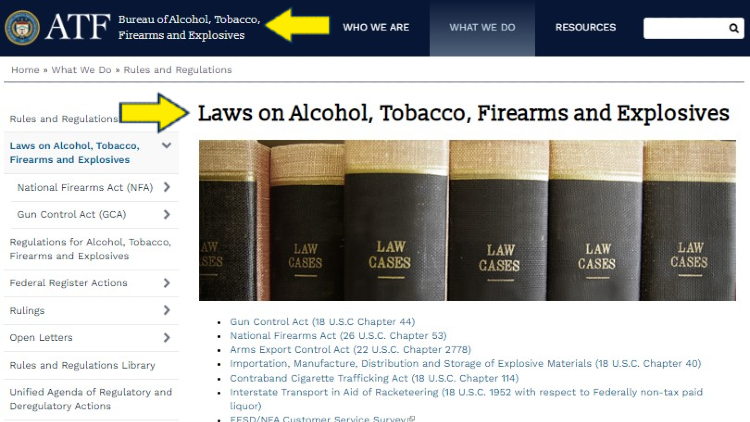
Federal law prohibits a person who has been convicted of domestic violence crimes from purchasing or owning a firearm.
Generally, individuals who have been convicted of domestic violence will be permanently banned from owning a firearm.
This is one of several firearms that are enforced in every state, due to it being a federal law,6 rather than a state law.
How Much Does It Cost To Get a Domestic Violence Charge Expunged?
Some individuals will have heard about expungement for criminal charges and will want to know: How much does it cost to get a domestic violence charge expunged?
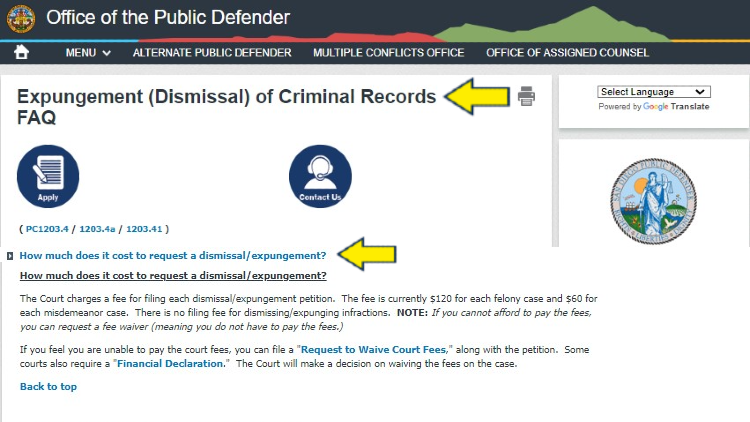
This question does imply that individuals can simply pay a fee to expunge any crime, which is not true, Expungement is a difficult process and is rarely even possible in the first place. The only fee associated with an expungement is how much the court charges to file the expungement forms. This ranges from over $100 to completely free.
Keep in mind that very few crimes are eligible for expungement and most violent crimes are never eligible.
How Long Does a Domestic Violence Stay on Your Record?
Individuals wondering how long does domestic violence stay on your record should know that it will likely be there forever. Although there are plenty of approaches that are worth exploring, in the vast majority of cases, domestic violence charges can simply not be removed and will remain on the individual’s record forever.
Applying for jobs for individuals with criminal records can be extremely stressful. Even if individuals know exactly what is on their record they may not know how employers are going to react to this information. The best thing individuals wondering: how long does domestic violence stay on your record? Can do is perform a background check on themselves.
Frequently Asked Questions About How Long Does Domestic Violence Stay on Your Record







